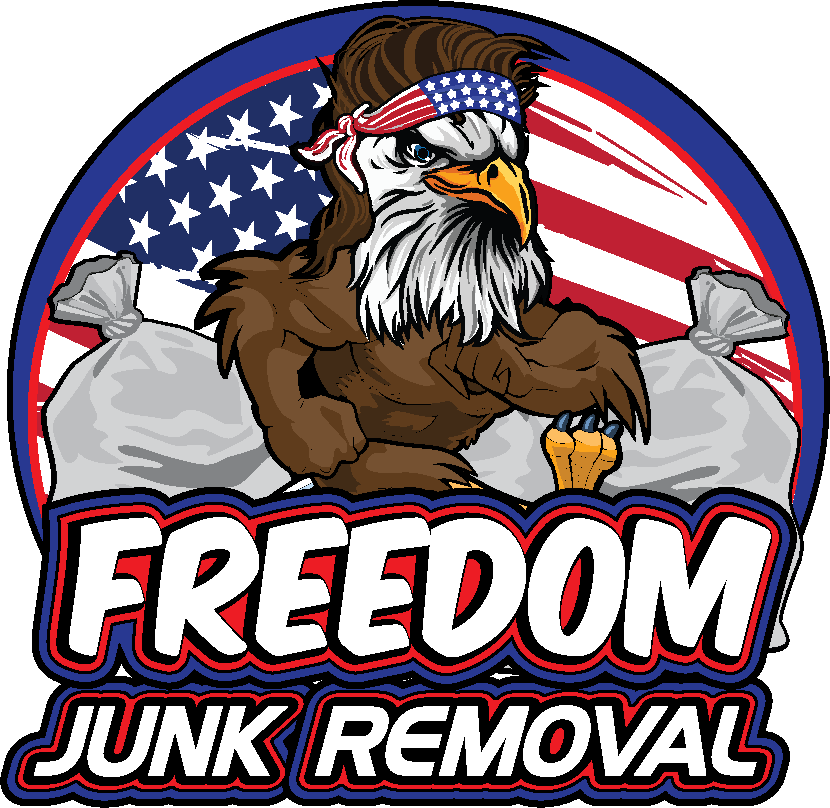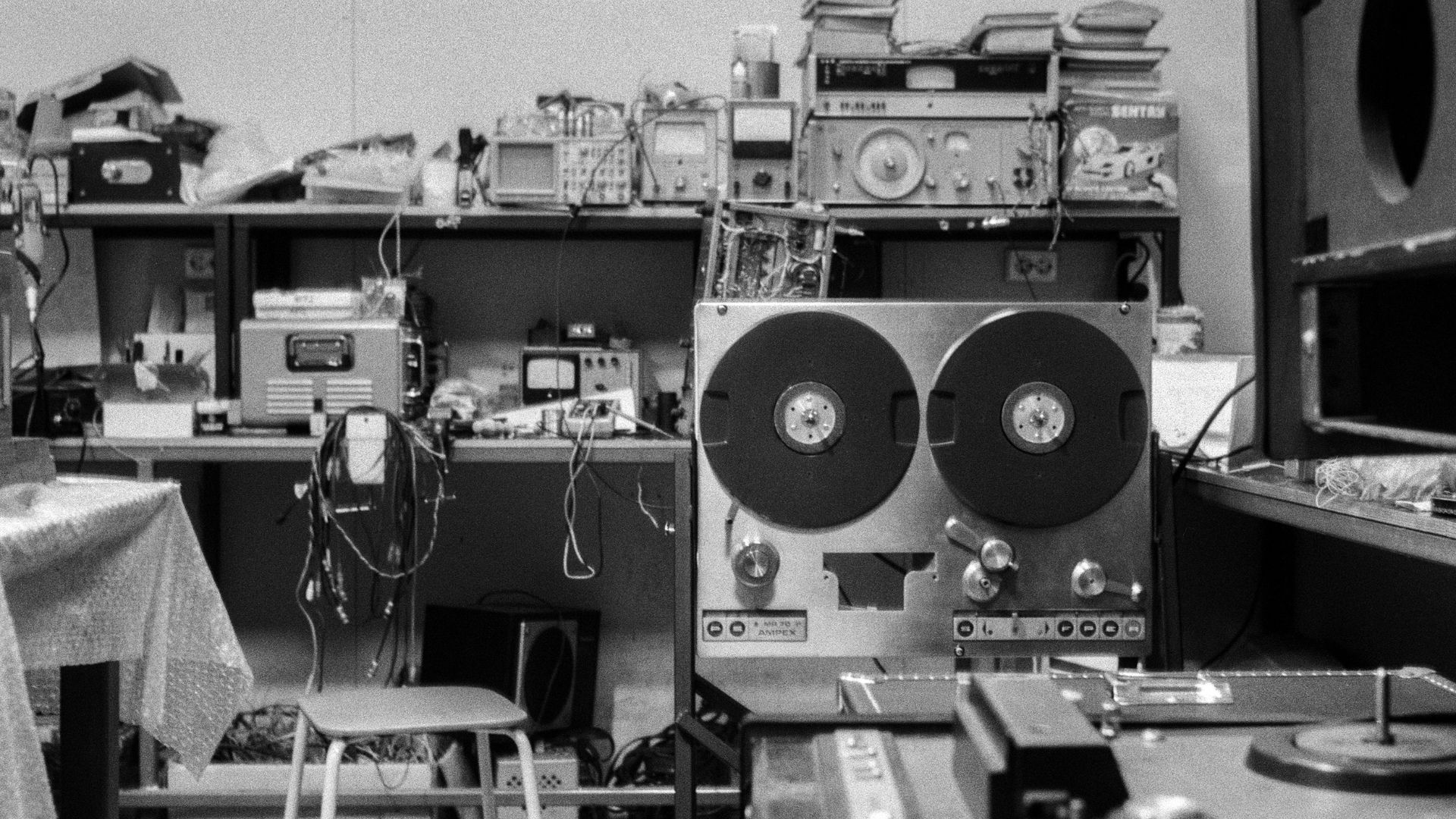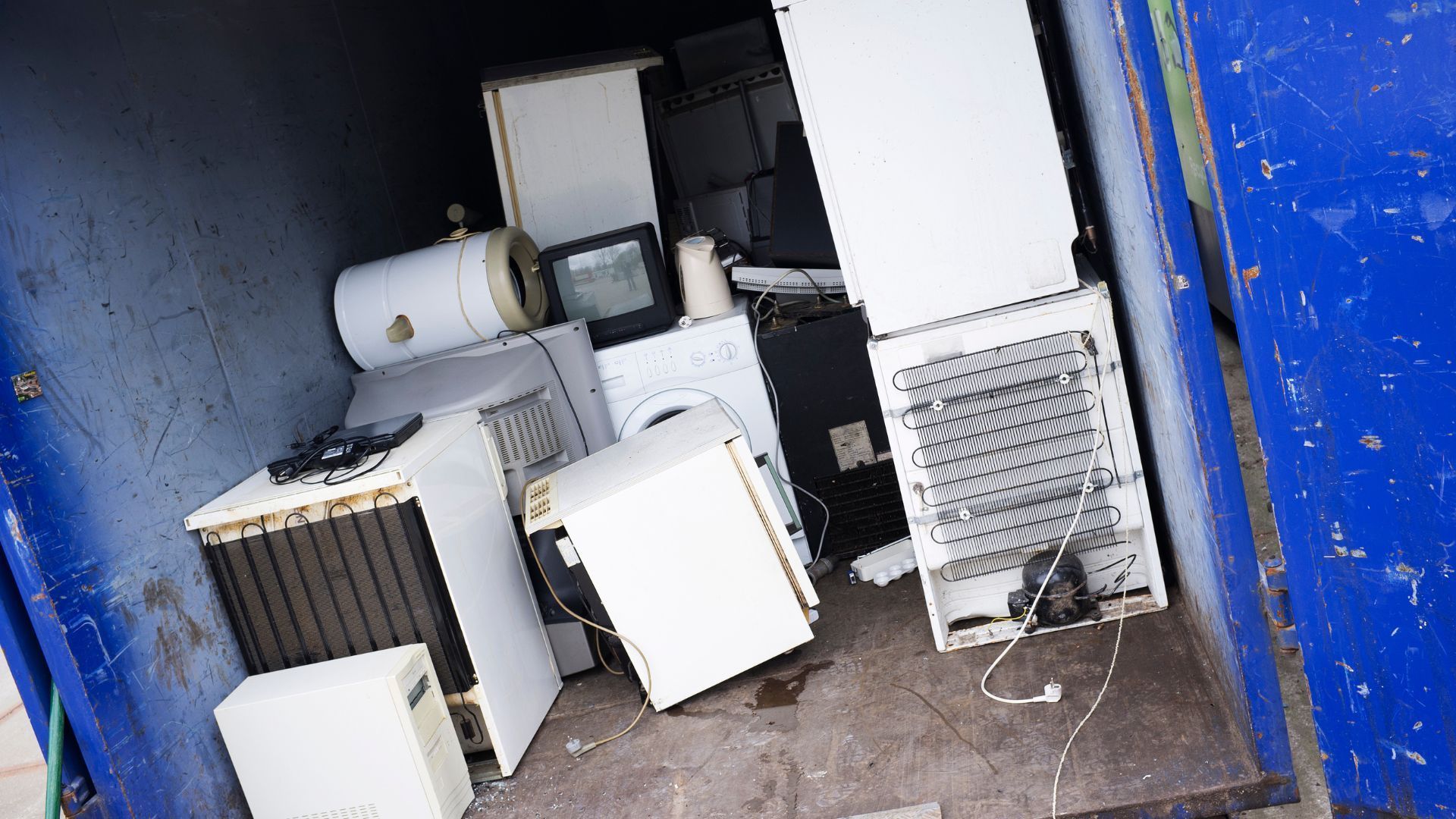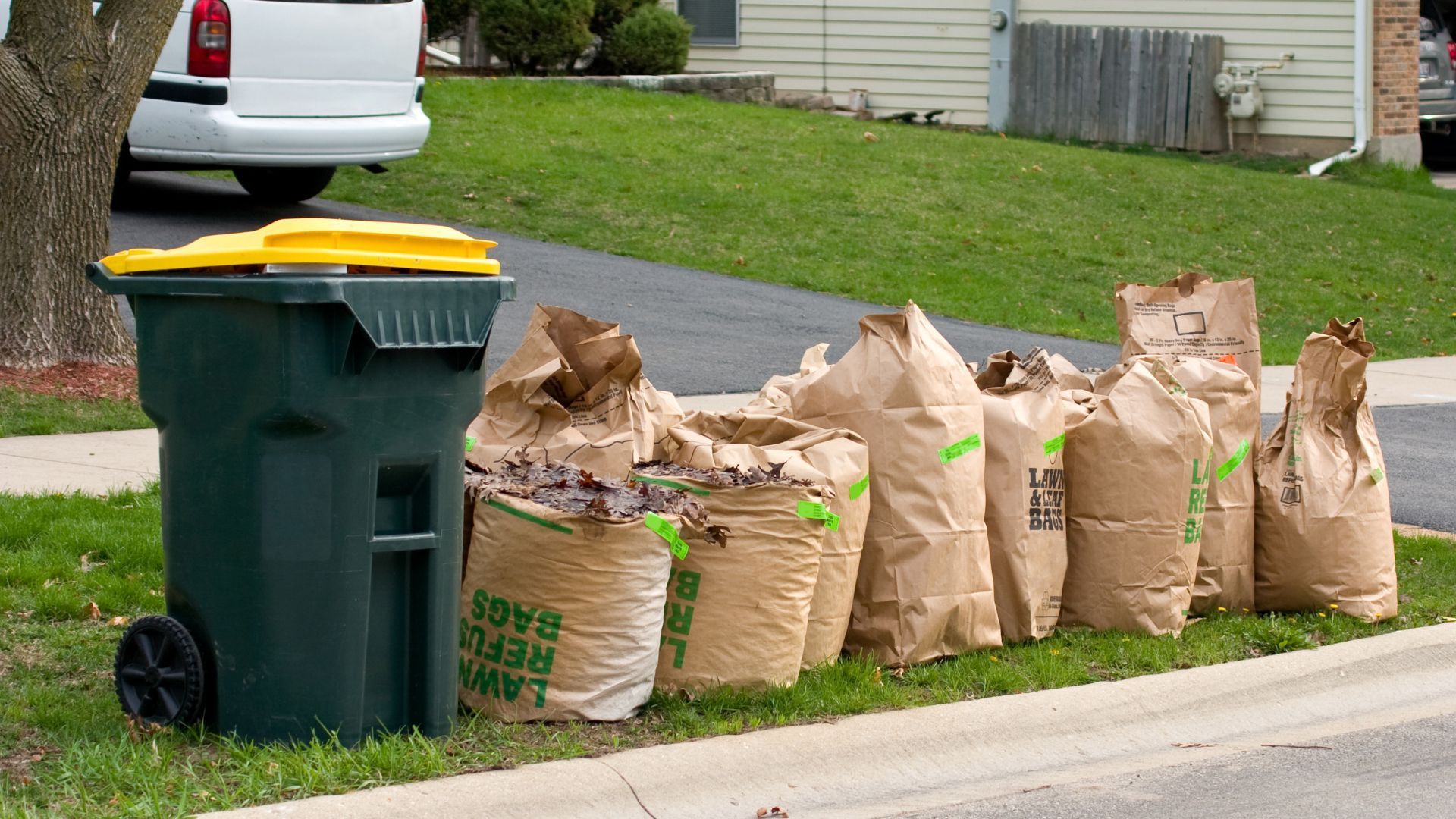How to Deal with Junk After a Major Life Change
Life can shift in unexpected ways, and with those changes often comes the need to sort through physical clutter. A major life transition—whether moving into a new home, handling an estate, downsizing, or starting fresh after a personal milestone—usually leaves behind items that no longer fit your lifestyle. This is when the question arises of how to manage all the excess belongings. Dealing with junk after these turning points isn’t only about clearing space, but also about creating a smoother path forward.
The process of letting go can feel overwhelming, but when handled thoughtfully, it becomes a meaningful step toward new beginnings and a lighter way of living. By carefully deciding what to keep, donate, recycle, or remove, you give yourself not just more room at home but also more mental clarity. Junk removal becomes less of a chore and more of a personal reset.
Understanding the Emotional Weight of Clutter
When a major life event occurs, objects left behind often carry emotional significance. Some items serve as reminders of joyful times, while others bring up feelings of loss or nostalgia. Sorting through these belongings is rarely just about cleaning; it can feel like an emotional journey that stirs old memories. Recognizing this weight is the first step to making peace with the process.
Clutter affects more than just your space—it directly impacts how you think and feel each day. A room filled with unused belongings can feel heavy and distracting, keeping you tied to the past. By acknowledging the emotional connection and allowing yourself to let go, you free up both mental and physical space. The act of clearing clutter becomes symbolic, turning a difficult process into an important part of moving forward.
Identifying What Items Truly Matter
Sorting through belongings after a life change often feels overwhelming because it’s not always clear what deserves to stay. The trick is learning how to separate what holds true value from what is simply taking up space. Start by asking yourself if an item plays a role in your future, not just in your memories. If it helps you feel grounded, comfortable, or supported in the present, it may be worth keeping.
On the other hand, some objects act more like anchors than treasures. They serve no real purpose other than reminding you of times that no longer reflect who you are. Letting go doesn’t mean forgetting—it means allowing your life to evolve. By keeping only what matters most, you give meaning to the objects you cherish while creating a lighter, more manageable home that aligns with your future.
Knowing When to Seek Professional Help
After a significant transition, the sheer amount of clutter can feel like too much to face alone. It’s not uncommon to look around and wonder where to even begin. That’s when reaching out for professional help becomes more than practical—it becomes essential. Junk removal specialists are equipped to handle the physical effort, from lifting heavy items to properly sorting materials, all while saving you time and stress.
Beyond the muscle, professionals bring structure to a process that often feels chaotic. They know how to organize, remove, and dispose of items efficiently, giving you peace of mind during an already challenging time. Hiring a team doesn’t mean you’re avoiding responsibility; it means you’re giving yourself support to focus on healing, adjusting, or planning what comes next. This type of help allows you to reclaim your space without being overwhelmed.

Creating a Step-by-Step Junk Removal Plan
Big cleanouts are easier to manage when broken into smaller, intentional steps. Jumping into the process without a plan often leads to frustration and burnout. Start by focusing on a single category, like books or clothing, or a single room. Once you’ve cleared one area, you’ll build momentum and confidence to tackle the next. Having a written checklist keeps you on track and prevents the task from spiraling into chaos.
Setting realistic goals for each day ensures you don’t exhaust yourself. Maybe you dedicate one afternoon to sorting through kitchenware or one weekend to addressing garage clutter. By pacing the process, you make progress without feeling buried in it. A step by step plan transforms a daunting project into something manageable and rewarding. Instead of being consumed by clutter, you’ll see steady progress toward a home that reflects your new life stage.
Donating Items That Can Benefit Others
Not every item you let go of needs to end up in the trash. Many belongings still have life left in them, even if they no longer fit into yours. Clothing, furniture, and kitchen supplies, for example, can bring comfort and utility to people in need. Donating these items turns the act of decluttering into an act of kindness, adding a sense of purpose to the process.
Giving away your belongings can also help soften the emotional challenge of parting with them. Knowing that what you release will serve someone else makes letting go easier. Instead of seeing the process as losing something, you can see it as contributing to another person’s well-being. Donation transforms decluttering into an opportunity for generosity, allowing your possessions to continue their journey while giving your space the reset it needs.
Recycling Materials in an Eco-Friendly Way
Decluttering after a life change comes with responsibility, especially when it comes to waste. Many household items can be recycled instead of thrown away. Electronics, metals, plastics, and even some furniture pieces can often be processed through recycling programs. Taking the time to separate recyclables from trash ensures that fewer items end up in landfills, reducing harm to the environment.
This eco-conscious approach adds a meaningful dimension to your cleanout. You’re not just clearing space—you’re making a choice that supports sustainability. Knowing that your old belongings will be repurposed rather than wasted can bring a sense of peace. In the end, recycling is a way of aligning your personal fresh start with a positive impact on the world around you. It’s a small step that carries long-term benefits for both your home and the environment.
Avoiding the Pitfalls of Holding On Too Long
It’s tempting to keep things after a life change, especially when emotions are running high. Holding on, however, often delays healing and makes your environment feel stagnant. What starts as saving a few items “just in case” can quickly grow into boxes of clutter that weigh down both your home and your mindset. This buildup eventually makes the cleanout process even harder.
Recognizing when to draw the line is crucial. By setting clear rules—such as keeping only what you’ve used in the past year—you prevent clutter from taking control. Letting go sooner rather than later clears your space and energy for what truly matters. This doesn’t mean forgetting the past; it means refusing to let it hold you back. By avoiding the trap of holding on, you give yourself room to grow and move forward.
Preparing Your Home for a Fresh Start
Decluttering is more than a practical task—it’s a way of preparing your home for the next chapter of life. Once the unnecessary items are gone, your living space transforms into a blank canvas. This opens the door for reorganization, redesign, or simply enjoying the peace of a clutter-free environment. The fresh start becomes both visual and emotional, creating a sense of renewal.
Your home reflects your state of mind. When it’s full of old, unused belongings, it feels harder to imagine new possibilities. Clearing out makes space for fresh routines and energy to flow more freely. Whether you’re moving forward after a difficult change or celebrating a positive one, preparing your home this way creates a foundation for growth. It’s about creating an environment that supports your goals and helps you feel grounded in your new direction.
Maintaining Order After the Cleanout
The hardest part of decluttering isn’t always the cleanout itself—it’s keeping things in order afterward. Without new habits, clutter creeps back in before you know it. One effective approach is to establish routines, such as reviewing your belongings every few months and being intentional with new purchases. This keeps your home aligned with your lifestyle instead of falling back into old patterns.
Small efforts can prevent big messes. Something as simple as setting aside a donation box in a closet allows you to consistently remove items you no longer need. By treating maintenance as part of everyday life, you protect the effort you invested in the initial cleanout. This consistency turns a one-time project into lasting results, giving you the clarity and freedom to keep moving forward without being weighed down by excess.
Finding Balance Between Memory and Practicality
Major life changes don’t erase the importance of memories, but they do challenge you to find balance between sentiment and practicality. Keeping every memento quickly becomes overwhelming, but choosing a few meaningful items can preserve what matters most without drowning your space. This approach honors your past while keeping your present manageable.
Practicality ensures that your home continues to serve you, not overwhelm you. By focusing on items that both carry meaning and fit into your daily life, you strike a balance that feels sustainable. This way, your space reflects both cherished memories and your readiness to move forward. The process isn’t about discarding your history—it’s about giving it a respected place while keeping room for new experiences. Finding this balance helps create a home that feels both comforting and functional.
Conclusion
Major life changes often leave behind more than emotions—they leave belongings that need to be managed with care. Approaching the process with thoughtful decisions, structured planning, and sometimes professional support makes the journey smoother and more meaningful. By donating, recycling, or letting go responsibly, you not only free your home but also your mind. Clearing clutter paves the way for renewal, balance, and opportunity in your next chapter.
For assistance with junk removal during any life transition, you can reach out to Freedom Junk Removal in Pinellas Park, FL. Contact them at (727) 295-2143 or email info@freedomjunkremoval.net for support in creating a clutter-free start.





